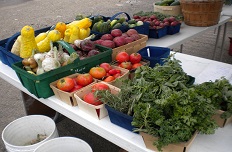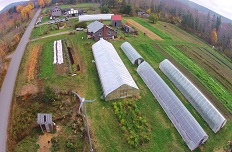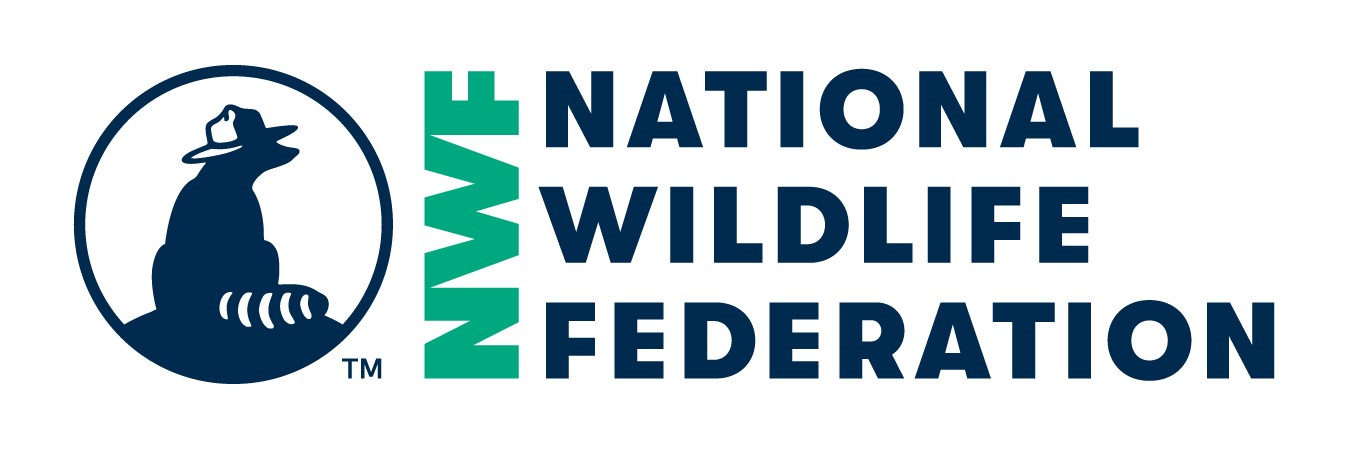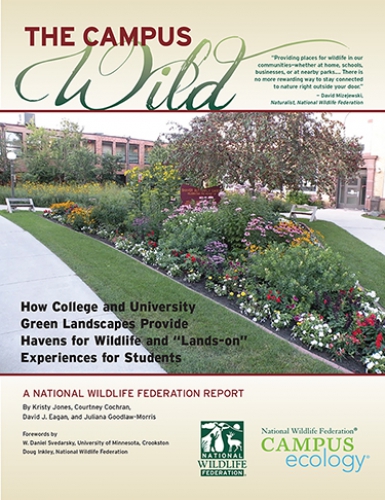College and universities are increasingly serving more local, sustainable and organic food on campuses—in many cases because of student activism. Students are concerned about the impacts of today’s carbon-intensive, industrialized agriculture and about the rising rates of obesity and diabetes. As a result, they have been pushing for more healthful and sustainable alternatives.
As a student, you can make food part of your personal environmental platform in many different ways:

Work with your food service provider and sustainability office to establish food purchasing guidelines

Help develop partnerships with local farmers or create a campus or community garden

Conduct research on where your campus's food is coming from and how it contributes to your campus carbon footprint.
Serving more healthful, local and sustainable food in campus dining halls brings benefits that go beyond a better diet for students. The switch to healthier food supports local farmers and increases local communities’ access to healthy food choices, potentially reducing the problem of people living in “food deserts.”
It also provides opportunities for adding courses on sustainable food and agriculture practices to the academic curriculum. Students are able to learn, for instance, how the route of food from producer to table contributes to our carbon footprints.
Interested in pursuing a sustainable food career? Check out the sustainable foods career outlook in the EcoLeaders Career Center to learn more about careers in the field, hear from professionals, and map out your career plan.
Resources
- National Wildlife Federation Sustainable Agriculture Program
- California State University Northridge case study on their organic food garden
- George Mason University’s case study on their new curriculum focused on sustainable apiary management
- University of Wisconsin Madison’s case study about their Slow Food UW Café
- Generation E: Students Leading for a Sustainable, Clean Energy Future (Food and Dining: Pages 26-27)
Featured Resource
More Resources








